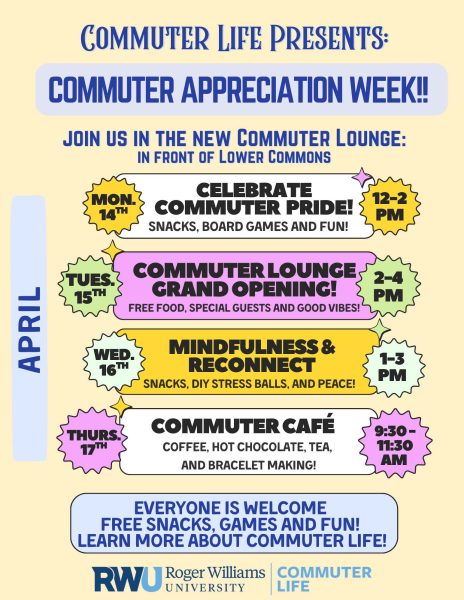Exit Zero: Capturing the story of those left behind
Imagine living in a city that has been deindustrialized after technological advances, factories moving to overseas locations, and environmentally-fueled pushback. In Southeast Chicago, this is exactly what happened.
The creators of documentary film “Exit Zero: Family and Class in Post-Industrial Chicago,” visited Roger Williams University for a special screening. The film chronicles the personal story of Christine Walley, now a professor of anthropology at the Massachusetts Institute of Technology, and her family, as well as the impacts that deindustrialization in the United States has had on those who relied on the industry.
Walley’s father was among the employees working at a Wisconsin steel mill that suddenly went out of business during a wave of the nationwide closures throughout the 1980s and 1990s.
When a mill that has employed thousands of workers—often generations of families—suddenly shuts down, it will have unbelievable effects that can last for generations to come.
The film offers an anthropological approach to the problem that many American workers have faced over the past few decades of deindustrialization, which has left many workers in a range of fields unemployed.
Jessica Skolnikoff, a professor of anthropology at RWU, brought the speakers to campus in order to provide her students with a special opportunity to talk with the creators about their research, findings, methods, and conclusions.
Skolnikoff also said that she wanted her students to hear and understand the reality of the research process and therefore see its dynamic and complicated nature. The research found in the film, she added, is approachable, and some of the first-generation students on campus might even resonate with it.
Sophomore Jennifer Reale said that she found the film to be interesting because of its personal narration by Walley, and she was surprised to see the profound effects that occurred following the mill closure.
Sam Munhall, a sophomore in the audience, was pleasantly surprised with how much he took away from the film, noting the inclusion of home videos and personal stories as his favorite aspects of the footage.
The filmmakers stayed after the film for a Q&A session in which students were able to ask questions about the research and filmmaking processes, as well as specific questions about Walley and her father’s story.




